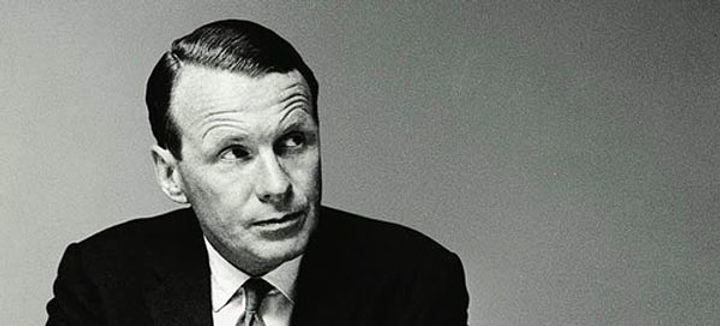Intro
Renowned as the “Father of Advertising,” David Ogilvy left an indelible legacy with his revolutionary approaches to advertising and agency management. His principles for running a successful advertising agency remain as relevant today as when he founded the iconic Ogilvy & Mather. In this guide, we explore Ogilvy’s timeless wisdom on advertising agency management and how to apply it in the modern digital landscape.
Creating an Innovative Agency Culture
Ogilvy believed that fostering an innovative, fun, and informal atmosphere was crucial for unleashing creativity and producing great work. He encouraged exuberance, laughter, and banishing gloom, famously stating, “When people aren’t having any fun, they seldom produce good advertising.” Building a positive agency culture is key to attracting and retaining top talent while cultivating an environment conducive to innovative thinking and exceptional work.
Hiring and Nurturing Brilliant Talent
“Advertising is one of the most difficult functions in industry, and too few brilliant people want careers in it,” Ogilvy observed. To combat this, he advocated for a fanatical approach to hiring, avoiding pedestrian hacks, and creating an atmosphere of “ferment, innovation, and freedom” to attract brilliant recruits. Ogilvy also stressed the importance of recognizing and rewarding outstanding performers with “spectacular rewards,” as they are the agency’s “make-or-break individuals.”
Maintaining High Ethical Standards and Client Trust
Ogilvy placed a strong emphasis on maintaining high standards of personal ethics and honesty in dealings with clients. He believed in telling clients what you would do if you were in their shoes and being responsible to consumers for the advertising you create. Building trust and maintaining ethical standards are crucial for long-lasting client relationships, facilitating client acquisition and retention, and preserving the agency’s reputation.
Fostering Collaboration and Partnership
Ogilvy championed the concept of “partnership” within the agency, encouraging an egalitarian structure that promotes independence, responsibility, and loyalty. He believed in breaking down hierarchical barriers and fostering open communication, allowing ideas to flow freely from all levels. This collaborative approach fosters a sense of ownership and commitment among team members, leading to better client servicing, stronger work, and increased agency profitability.
Prioritizing Creative and Research Functions
Ogilvy recognized the pivotal roles of the creative and research departments, emphasizing the need to respect and value their contributions. He advocated for paying and housing creative talent as “indispensable Stars” and ensuring research directors possess integrity and the ability to work collaboratively with creatives. Agencies that prioritize and invest in these core functions are better positioned to deliver impactful, data-driven creative campaigns and effective branding strategies.
Maintaining Discipline and High Standards
While fostering a fun and innovative environment, Ogilvy also stressed the importance of maintaining discipline and uncompromising standards. He believed in enforcing due dates, punctuality, professional conduct, and never tolerating mediocre work or sloppy plans. Striking the right balance between creativity and discipline is essential for producing consistently excellent work that drives results for clients and supports the agency’s growth and profitability.
Embracing Digital Marketing and Innovation
While Ogilvy’s principles were formed in the traditional advertising era, they remain highly applicable to the modern digital marketing landscape. Agencies that embrace innovation and continuously adapt their offerings to include digital marketing services like social media marketing, content marketing, and email marketing will be better positioned to attract and retain clients seeking integrated, multi-channel branding strategies.
By embracing Ogilvy’s principles of fostering a positive agency culture, hiring and nurturing top talent, maintaining high ethical standards, fostering collaboration and partnership, prioritizing creative and research functions, maintaining discipline and high standards, and continuously innovating to meet the demands of the digital age, modern advertising agencies can position themselves for enduring success in a highly competitive industry.






